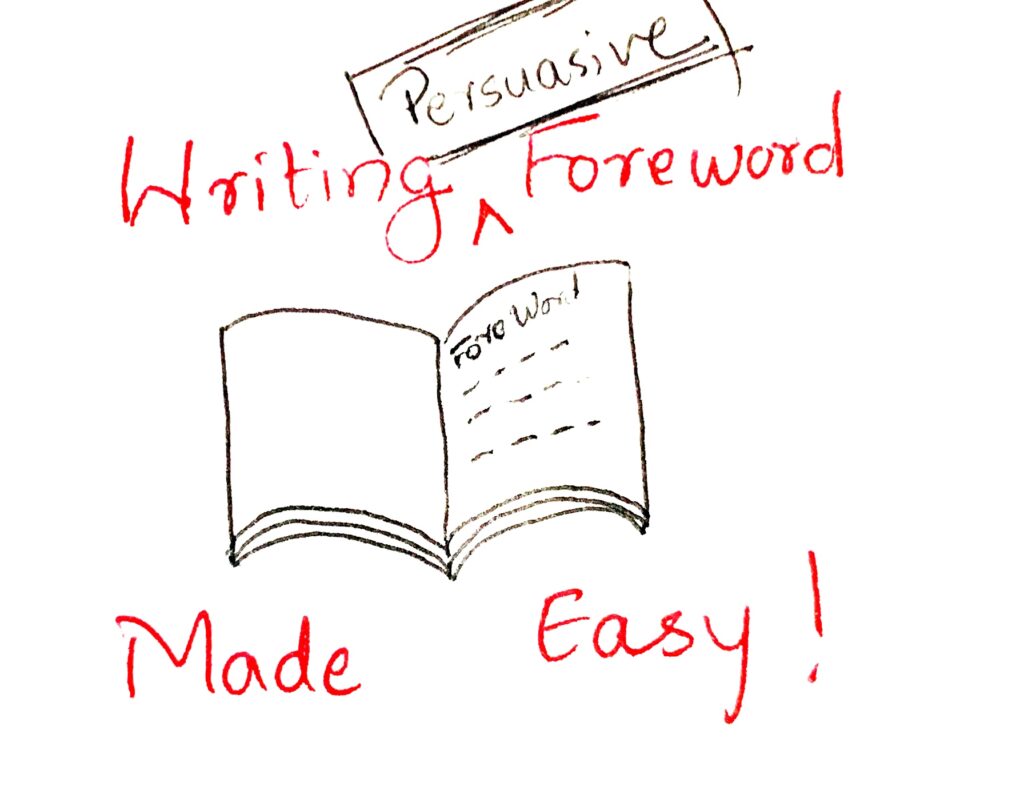We help our clients publish books to establish thought leadership. As we believe, books are a great way to showcase author’s experience and hold in the domain. The most recent one that we are working on is about patent mining. Now, we needed to get a foreword from the author’s (our client) friend. The one who has been with our client for many years, the one who has seen our client through his thick and thins. The friend who knows our client like almost no one does. We wanted to minimize the friction for our client’s friend to share his inputs with us over a zoom call. Here is how we figured out the best way forward.
We’ve converted this entire blog in PDF form that you can download and save for later reading (or sharing with your friends). You can download it using the form below:
An Anecdote Before We Get to the Template
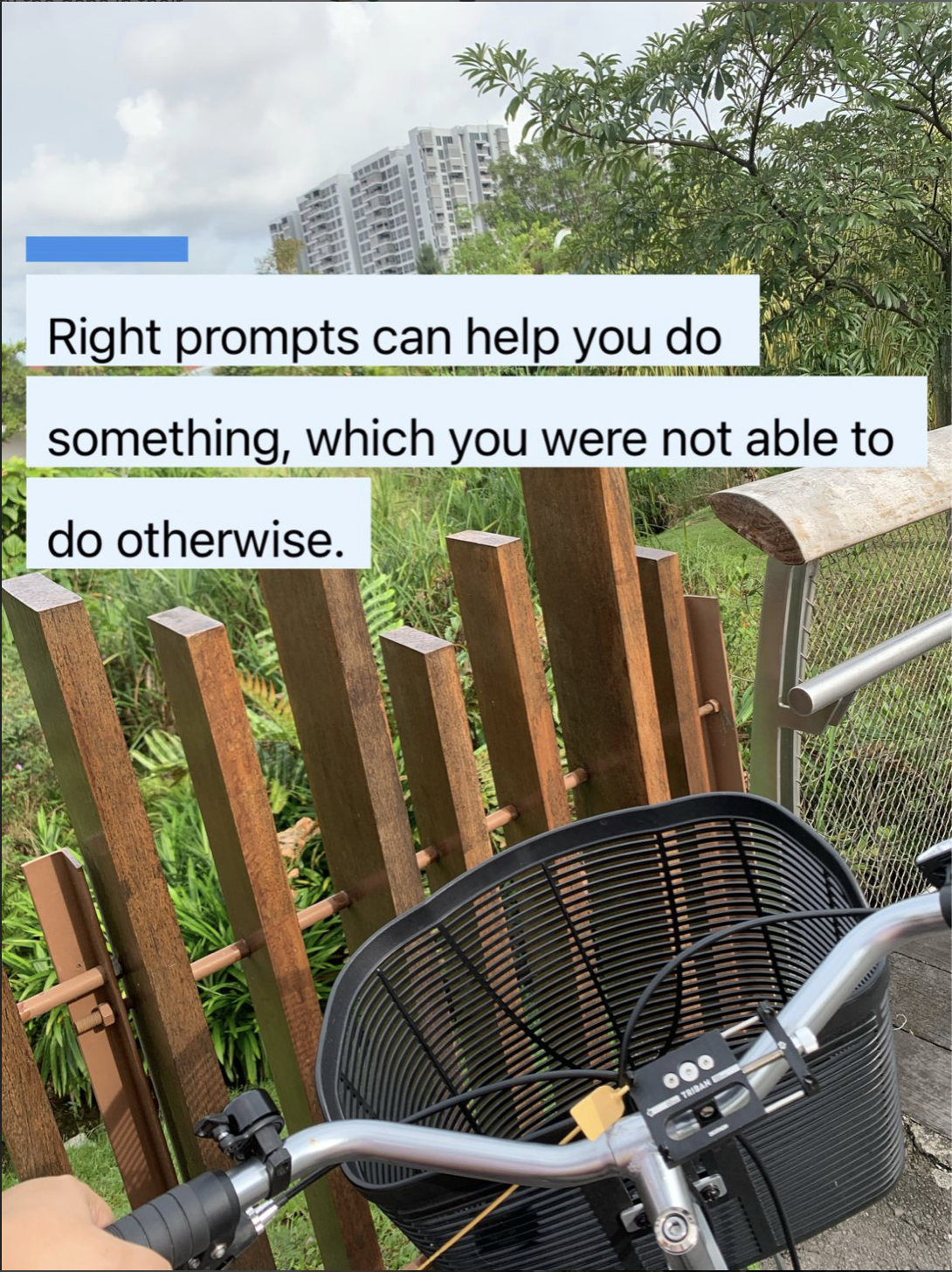
Source: TheBiCycleGirl
I had been wanting to create a meme, inspired from one of our very creative team members – Vijay Pandey. I was struggling to create one until I came across an awesome tool for generating memes – it’s called Kapwing. The tool has nailed it by being intuitive and a huge variety of #templates to create memes with. I saw one on kapwings home page – where it showed – 5 reasons kapwing is the perfect choice for creating memes. (Creative way to overcome #objections) Loved it. So, I just tried to think of it in terms our business. And wollah – I made it in 5 minutes. Here is the one I created.
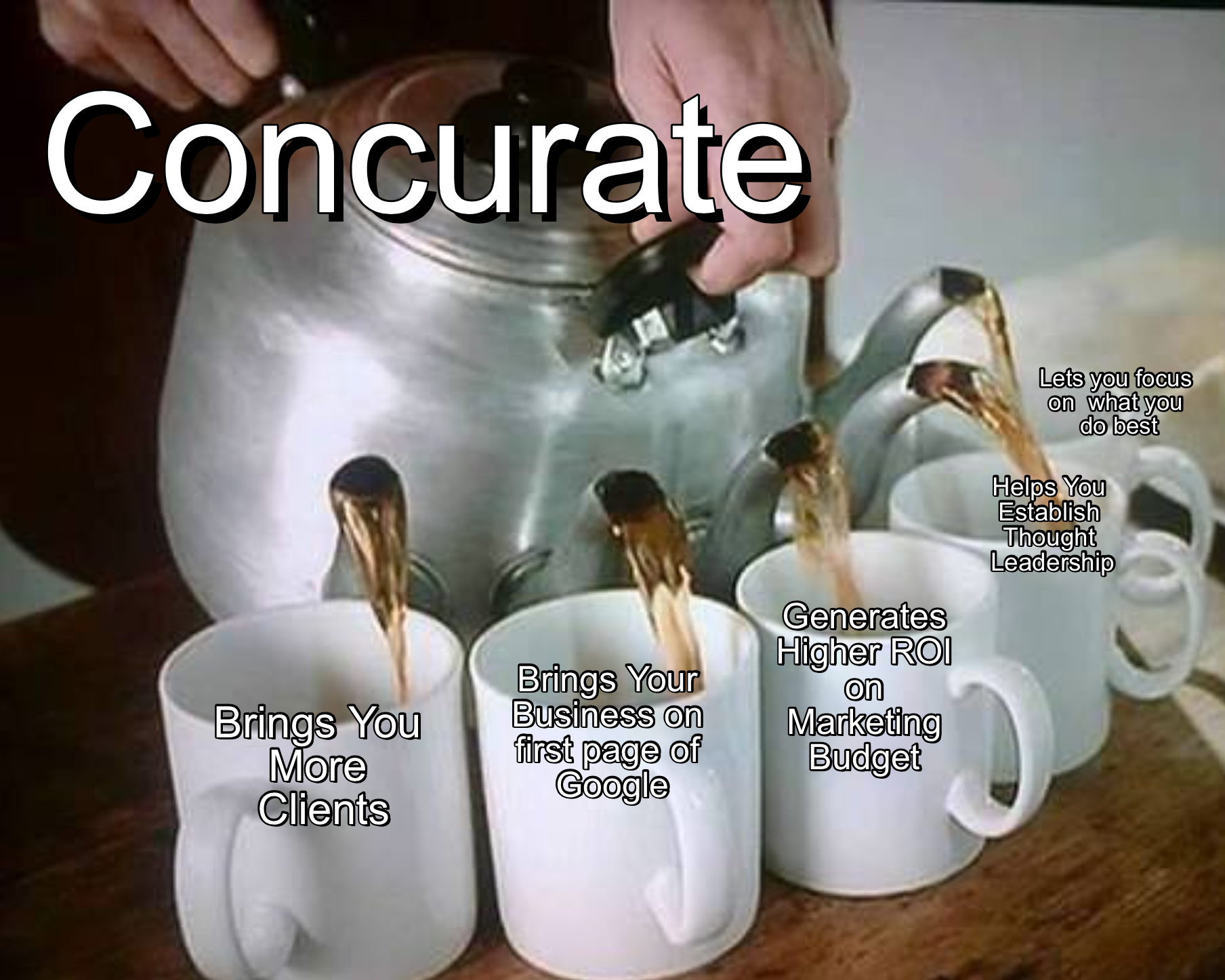
So much fun it was 🙂
#SideNote: If you explore kapwing to create a meme – do share with me 🙂
Preparing Prompts
So, I decided to put togther my learning to solve the problem at hand. The idea that struck me was to come with the prompts or a template just like the ones Kapwing gave to me for creating meme. Here is how:
I turned to my little home library to look for a book with a nice foreword. While browsing through the books I came across book I had read a few months ago – “The Almanak of Naval Ravikant”. I recollected that the book was quite well-written. I read it’s foreword again, loved it, broke it down in 5 sections with 5 prompts:
- Prompt #1: How do you feel about writing the foreword?
- Prompt #2: How long have you known the author? What do you want the world to know about the author?
- Prompt #3: Can you please reflect on the time you have spent with the author?
- Prompt #4: Why do you take the author seriously? Reflect on his characteristics
- Prompt #5: How do you think this book will benefit readers?
Let’s look at an example of each prompt and reflect on takeaways
Pro tip: If you need 30 standout SaaS growth hacks to attain double the growth for your SaaS business, fill out the form below!
Foreword Template | Prompts
Prompt #1:
How do you feel about writing the foreword?
Example:
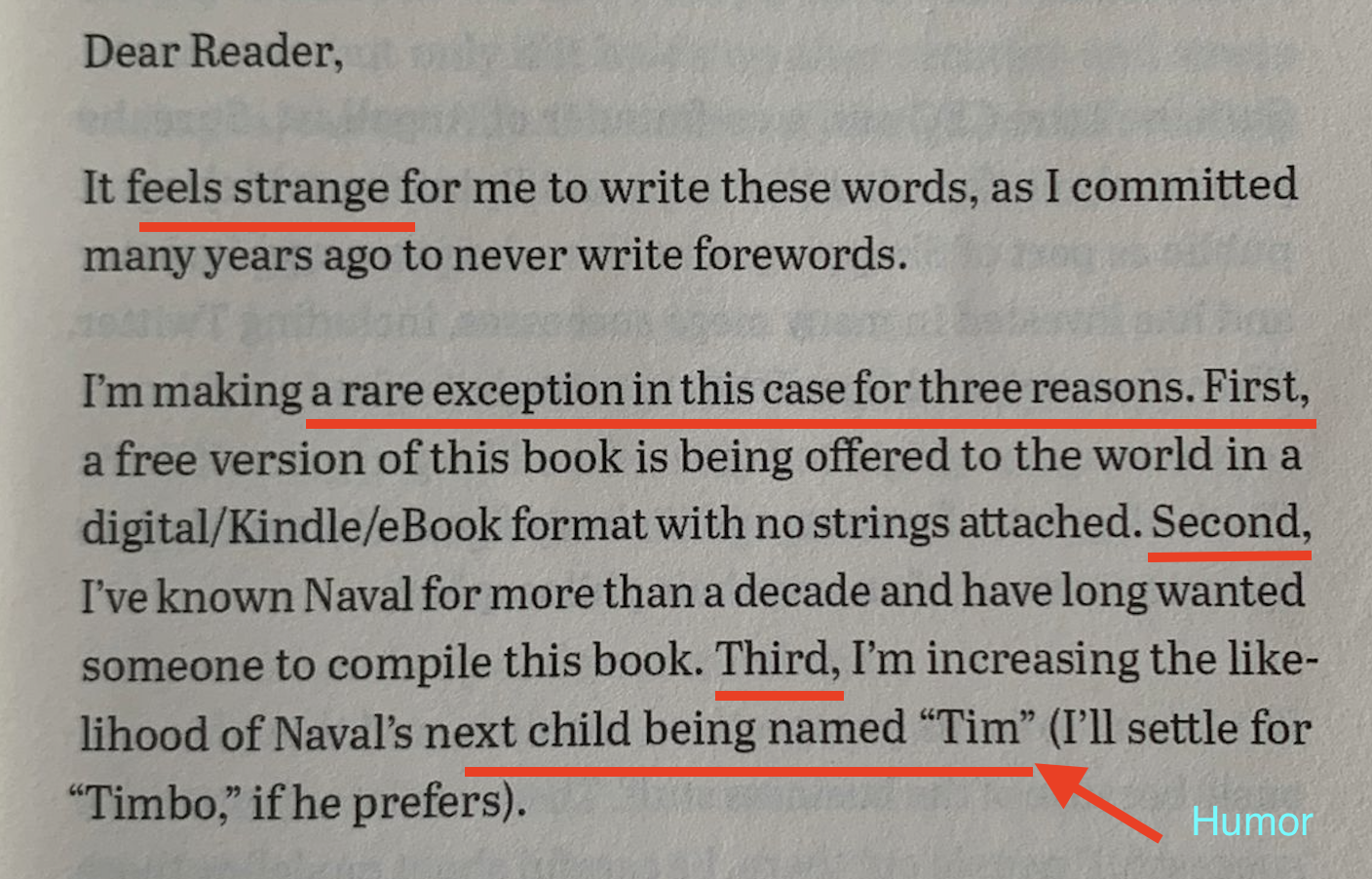 Source: Book –“The Almanak of Naval Ravikant”
Source: Book –“The Almanak of Naval Ravikant”
Reflection on the Example:
Three reasons for writing the foreword:
- Happy about the philanthropy that the e-version is available for free
- Establishing the fact that such a book was much needed
- Adding humor to engage the reader
Prompt #2:
How long have you known Tom? What do you want the world to know about Tom?
Example:
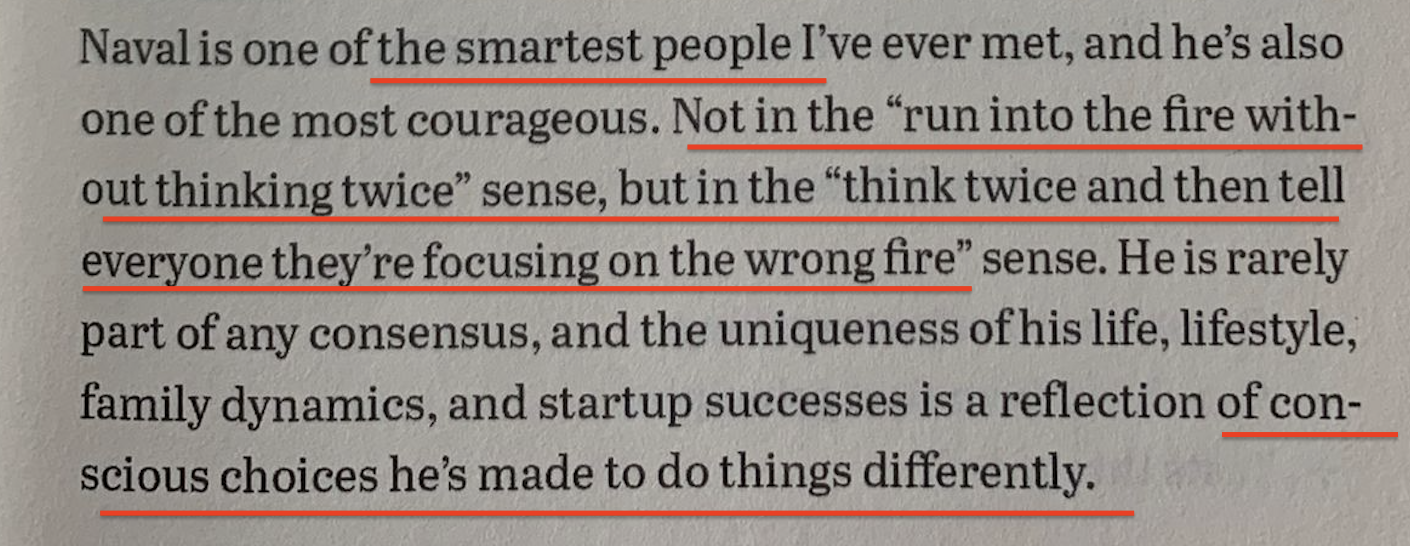

Source: Book –“The Almanak of Naval Ravikant”
Reflection on the Example:
Attributes of the protagonist (Naval here) with a build up. Use of idioms is super cool to add more punch to the content.
Prompt #3
Reflection on the time you have spent with Tom
Example
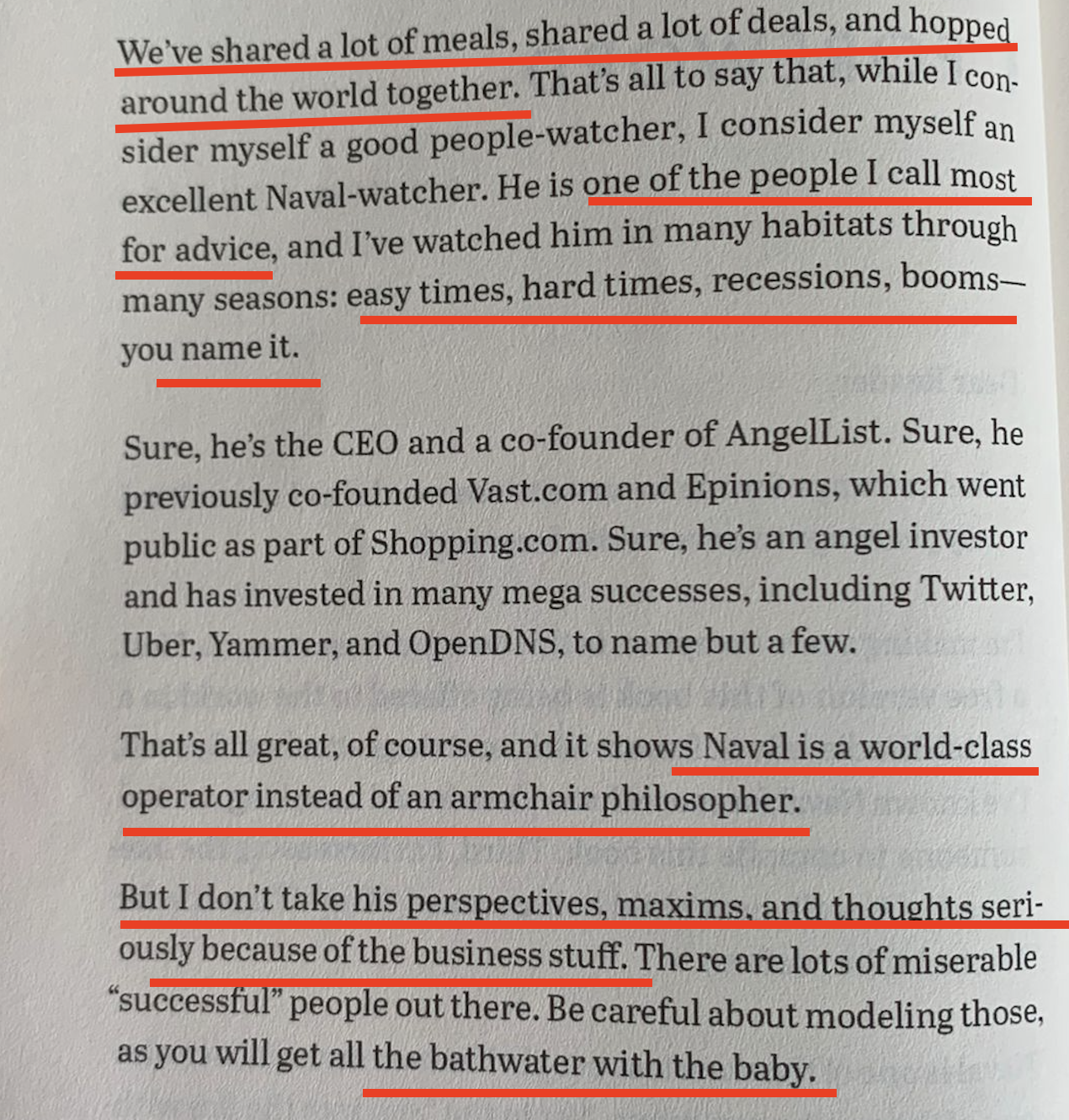
Source: Book –“The Almanak of Naval Ravikant”
Reflection on the Example
- Sharing the depth of time spent together through thick and thin. It’s the adversities when you get to know people better
- Some information on what the protagonist (Naval here) has accomplished despite adversities.
- How is the protagonist different from the rest of the successful bunch? (Skim the cream)
Prompt #4
Why do you take the author seriously? Reflect on his characteristics
Example
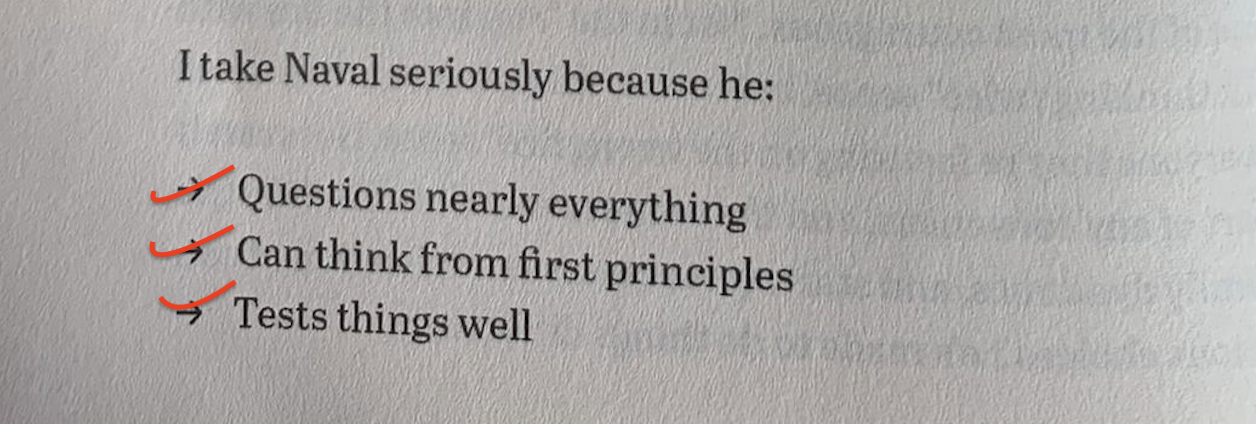
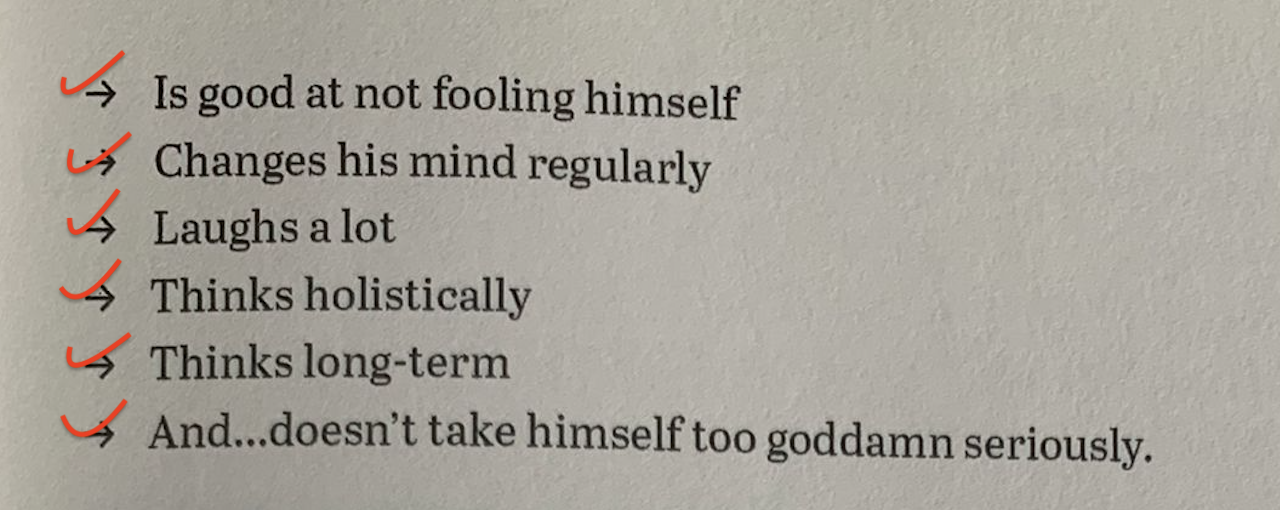 Source: Book –“The Almanak of Naval Ravikant”
Source: Book –“The Almanak of Naval Ravikant”
Reflection on the Example
Just the characteristics are mentioned inclusive of strength, personality and the way of thinking.
Prompt #5
How do you think this book will benefit readers?
Example
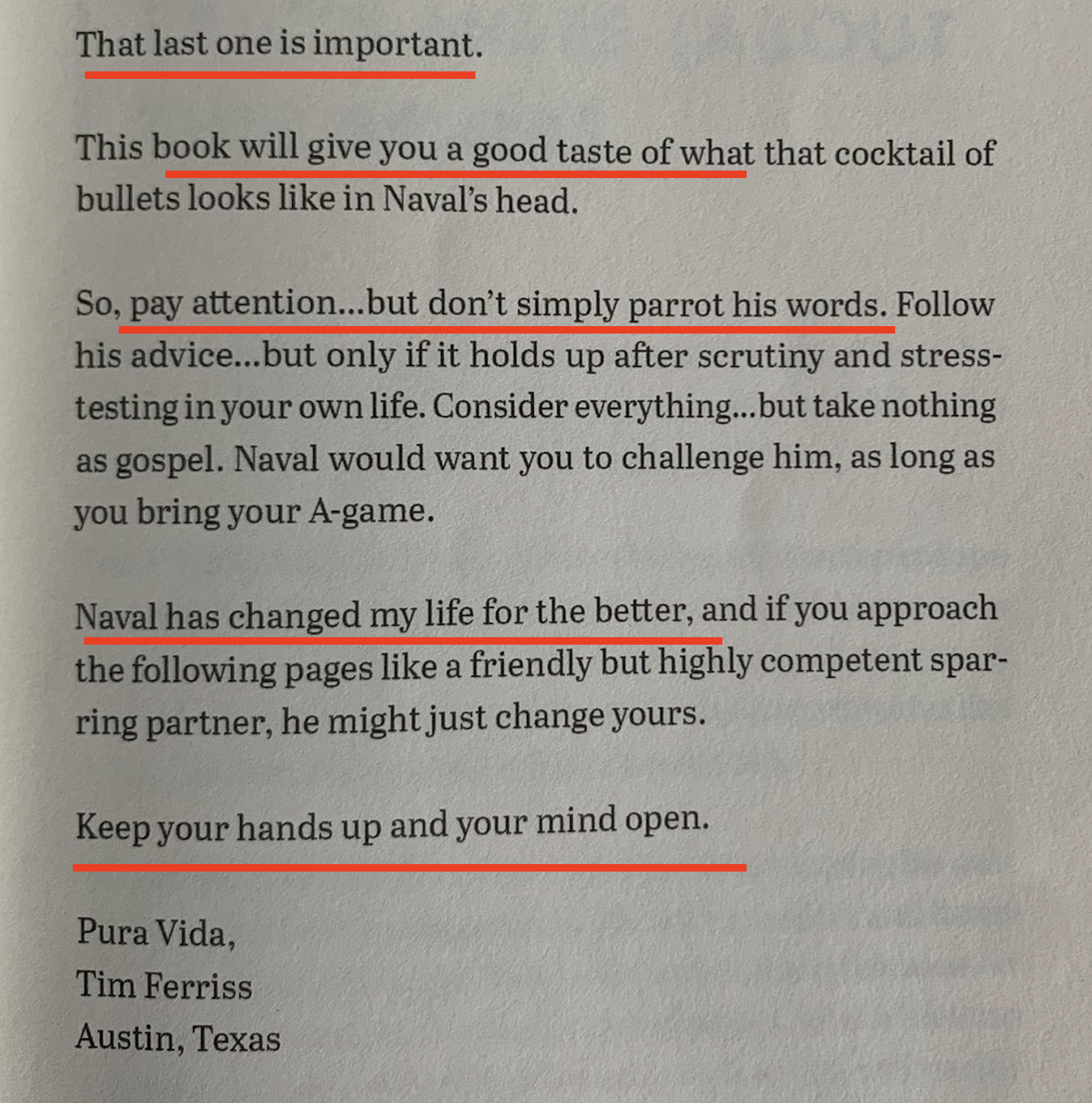
Source: Book –“The Almanak of Naval Ravikant”
Reflection on the Example
What’s in the book for readers. Let’s remember it’s always more about ‘them’ than ‘us’.
Let’s Sum it Up
Writing anything becomes more effective if we know the purpose of it. The purpose of foreword is a validation from someone other than the author that the book is worth reading. Once the purpose is clear, and if we have a template or a plot or right prompts of what should go in the content – writing becomes a piece of cake. Then comes in the decorators, that’s us, who add zing to the writing to make it more engaging. And wollah – mission accomplished.
A good foreword must reflect on the following 5 things:
- Section #1: Your emotion about writing the foreword
- Section #2: Author’s introduction to the whole wide world
- Section #3: Reflection on your time spent with the author
- Section #4: Reflection on why readers should take author seriously
- Section #5: Benefits of reading the book
Hope you enjoyed reading the post. Shall you wish to use content to bring you more business, we are just a call away.
If you wish to read more goodness, subscribe to our newsletter.
We send value to your inbox only once in 15 days.


